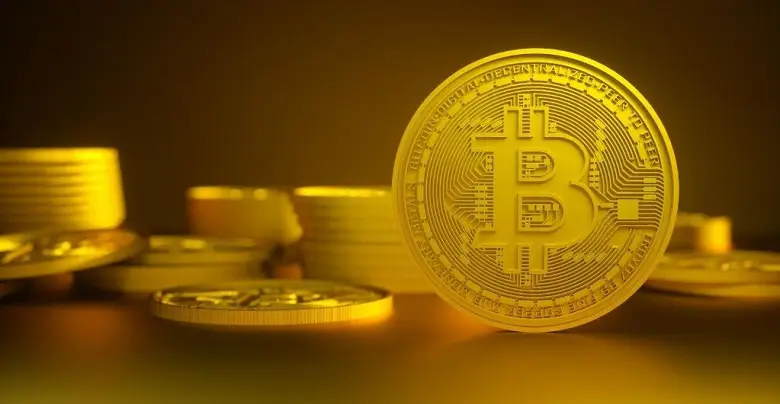Is Bitcoin a Safe Haven for Panicky Investors?

The global COVID pandemic has shown the true colors of everything, and for Bitcoin users, it came more as a surprise. When the global stock market crashed in the second half of March this year, people thought that Bitcoin would finally establish itself as a ‘safe haven’ for investors, but surprisingly it failed the Coronavirus test.
It fell well below $5000, which is beyond the investors’ imagination, but then again, some people argued that it is the nature of cryptocurrencies that they are volatile and can fluctuate now and then. Speculative investors are often blindfolded by this kind of volatility in the Bitcoin prices and often end up buying them at the top price only to witness them falling behind the rack drastically.
The rise and fall of Bitcoins have always been very phenomenal. Early investors made millions by investing in BTC, but this has not been the case for latecomers; whenever they rushed to investment by seeing the early investors, they ended up losing their entire life savings most of the time. Even there was a time when companies began calling Bitcoin a Ponzi Scheme.
However, the Bitcoin prices recovered after the US Federal Reserve and other central banks pumped trillions of dollars into the economy. Therefore, it is more of a roller coaster ride for investors that the holders should always be aware of and stay prepared to face any kind of challenges as they come in the way.
According to a JP Morgan analyst, Bitcoin showed extreme resilience during the market crash in March owing to the Coronavirus pandemic, which affected both the stock markets and futures. It transformed from being just a unique uncorrelated asset to something that can track the traditional stock markets closely.
Therefore, irrespective of its volatility, Bitcoins will remain the investors’ favorite cryptocurrency no matter what comes in. But during this time of the COVID pandemic, Ethereum soared higher at a surprising percentage, and the rapid growth in the decentralized finance sectors and greater mainstream adoption are thought to be the main reasons behind the altcoin’s success.
Bitcoin only covers up to 2/3rd of the total market cap, post the outbreak of the Pandemic, and therefore the investors are looking beyond Bitcoin and focusing on smaller cryptos like Chainlink. But crypto experts warn investors against jumping into hasty conclusions and steering away from their focus from the more sustainable crypto (BTC) to smaller cryptos.
Bitcoin is also showing massive developments and steering strong growths in transaction volumes in DeFi projects. DeFi projects have grown from $500 million to $3.75 billion over the last year. Many DeFi platforms are being developed at a tremendous speed to cope with the rising user demand for DeFi projects.
Talking about the success or failure of investing in Bitcoin, many crypto experts believe that instead of investing the entire savings on Bitcoin in the hope of earning millions, investors should focus on investing only 1 to 2 % of their wealth on Bitcoins. Even then, if the investors cannot make money, they should not blame anyone but themselves.
It is common human psychology that the investors jump on the bandwagon seeing the rising prices of Bitcoin. When the prices fall drastically following the nature of cryptocurrencies, the investors start blaming the market. Cryptos will remain volatile, and investors should always make a balanced move to reduce the intensities of the risks affecting their investments.
Therefore, it is recommended to gauge the right time to deal with Bitcoins instead of jumping on conclusions too early by just following the trend. It is a matter of time, and the investors always make the mistake of either buying the leading crypto too late or selling them too early.
It is always advisable to drip-feed only a small portion of your savings to top cryptos like Ethereum, Bitcoin, etc. instead of investing a large sum to lesser-known cryptos because they carry significantly higher risks and often turn out to be Ponzi schemes that dupe customers.



